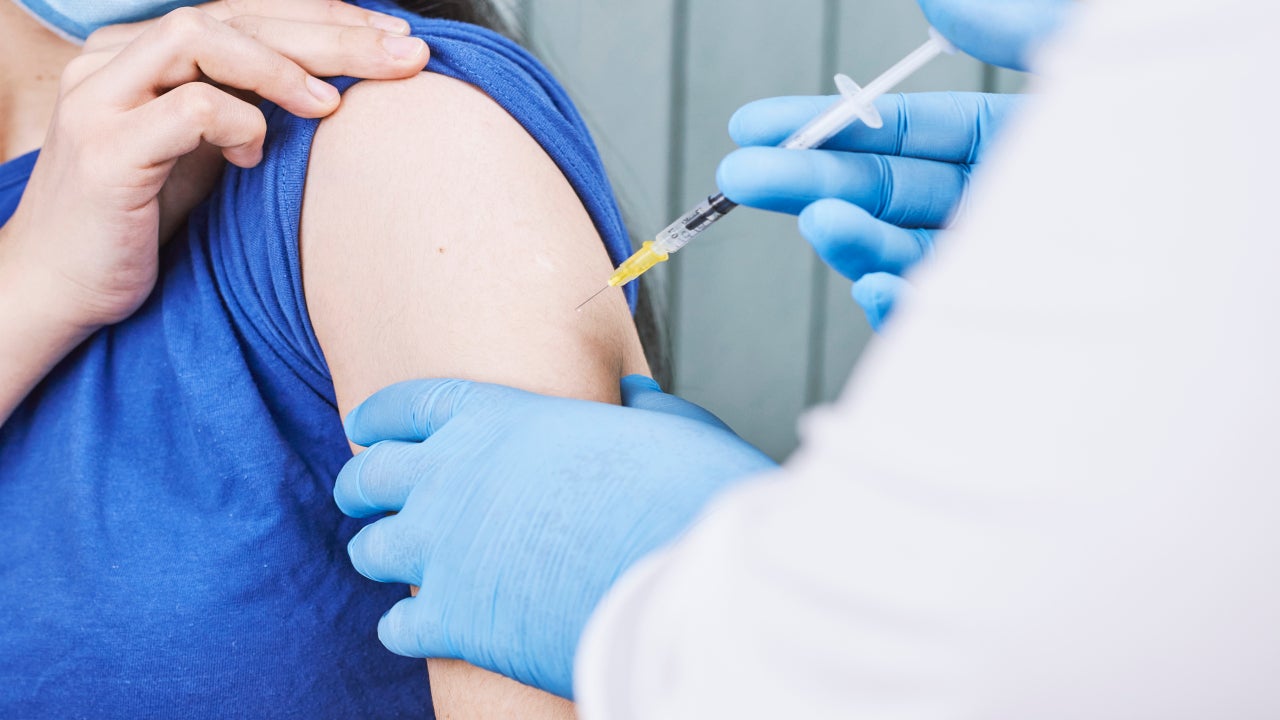With new SARS-CoV-2 variant strains appearing, the global race to control the COVID-19 pandemic through immunization is on. Europe remains one of the worst affected regions in the world, now reporting approximately 34 million total confirmed cases of COVID-19. The UK continues to report the highest number of deaths in Europe, although it also reports having administered approximately 21 million doses of the COVID-19 vaccine. The vaccination rate in the UK falls behind that of Israel and the United Arab Emirates, but it greatly exceeds any other region in Europe. In order for Europe to see no further resurgence in COVID-19 cases, its vaccination efforts need to mimic those seen in the UK.
The figure below shows the number of COVID-19 vaccine doses administered per 1,000 Population in the top five performing regions in Europe from January 10–February 27, 2021. After the first vaccine dose was administered in the UK on December 2, 2020, the country has made a huge effort with its vaccination program. On February 27, GlobalData epidemiologists estimated that the UK had administered 314 doses per 1,000 population. Turkey, which ranks second highest in COVID-19 vaccination rates in Europe, was estimated as administering 103 doses per 1,000 population on the same date. As the vaccination rate throughout Europe is much lower than that seen in the UK, these countries must use the UK as a gold standard for increasing vaccinations in their populations.

Access deeper industry intelligence
Experience unmatched clarity with a single platform that combines unique data, AI, and human expertise.
The rapid approval and early negotiations for the supply of both the Pfizer/BioNTech vaccine and Oxford/AstraZeneca vaccine gave the UK a head start in vaccine distribution. Other factors such as a vast distribution network and easy booking system have also contributed to this rate. The UK also worked to ensure that vaccination sites are easily accessible to all, with mass vaccination sites set up in establishments such as sports grounds in order to increase the volume of people vaccinated each day. Countries across Europe must use strategies such as these to increase their vaccination capacity.
Public attitudes toward the COVID-19 vaccine also differ between countries across Europe. A study performed by the Imperial College London estimated that 70% of respondents from the UK would strongly agree to receive the vaccine next week if offered. In Germany, only 41% of respondents said they would strongly agree. In regions with a high proportion of vaccine skeptics, governments must launch education campaigns to increase vaccine uptake.
Unlike majority of other European countries, the UK has adopted the first-dose priority approach to vaccine distribution. This approach extends the gap between the first and second vaccine dose to a maximum of 12 weeks instead of the initially recommended three to four weeks. Other countries have raised concerns over decreased vaccine effectiveness using this method. However, recent trials performed in the UK, Brazil, and South Africa, testing the Oxford/AstraZeneca
vaccine, showed increased vaccine protection with increased dose interval. Alongside increasing efficiency, this method provides protection to more people in a shorter time period and should be strongly considered by all other European countries.

US Tariffs are shifting - will you react or anticipate?
Don’t let policy changes catch you off guard. Stay proactive with real-time data and expert analysis.
By GlobalDataThe UK is on track to be the first country in Europe to control the COVID-19 pandemic through vaccination. If all countries across Europe hope to eliminate lockdown restrictions and see no further resurgence of the virus, they must also develop a vaccination program like that seen in the UK.




